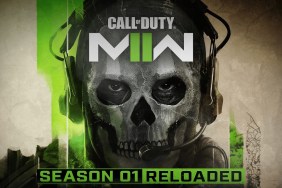Can I have a third choice?
Like most 8 year-old boys, I had a love affair with 007. When asked what I wanted
to be when I grew up I would without hesitation snarl, “Bond, James Bond.” Then
I’d
provocatively raise an
eyebrow in between sips of my fake martini…shaken, not
stirred.
Unfortunately, Christmas requests for flame-throwers, exploding toothpaste…
-
Great presentation
-
Fun driving
-
Intense gameplay
-
Some tedious shooting sequences
-
Targeting problems
-
Questionable multiplayer











